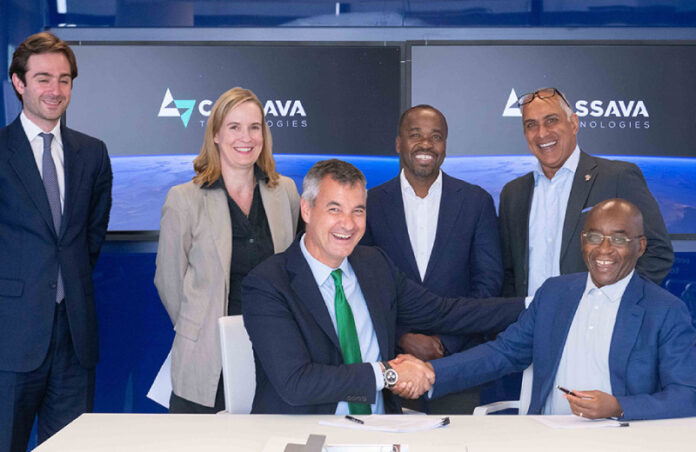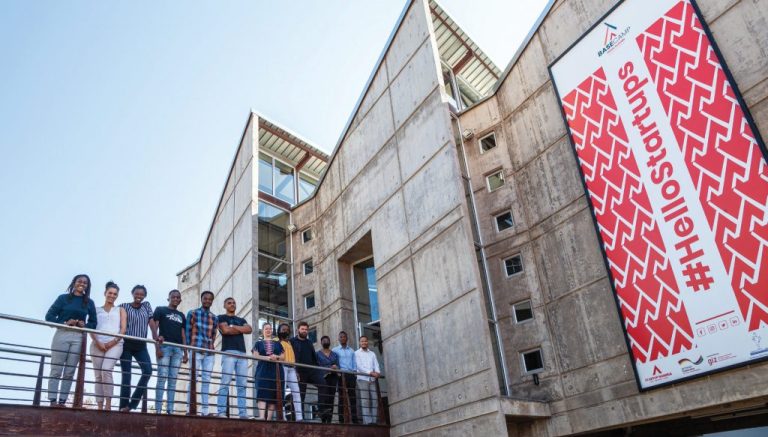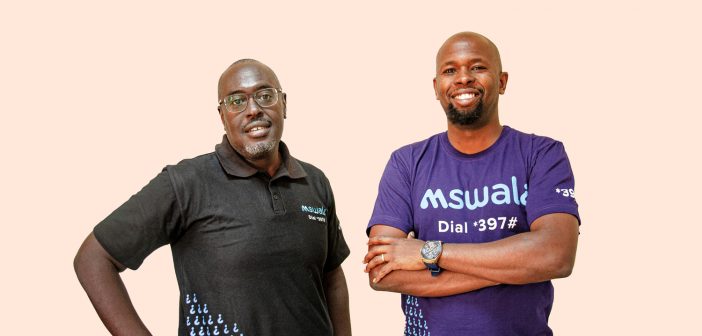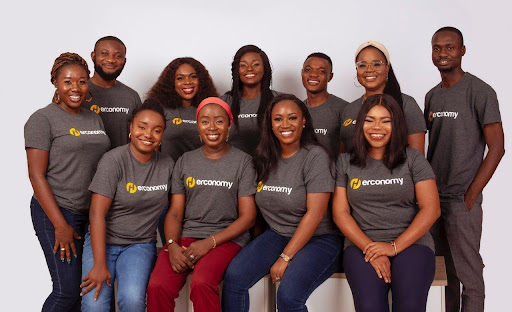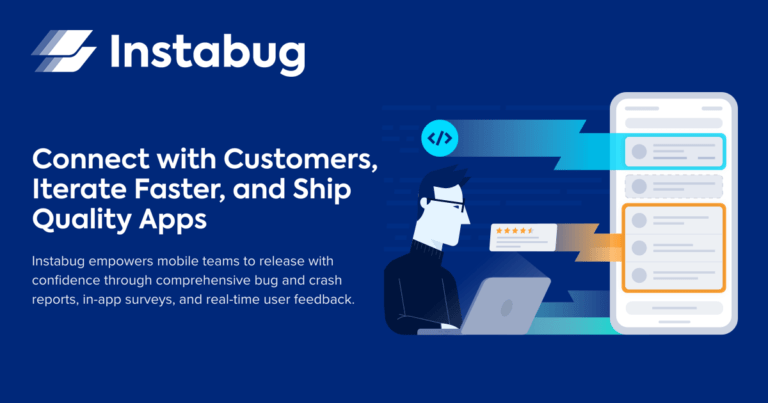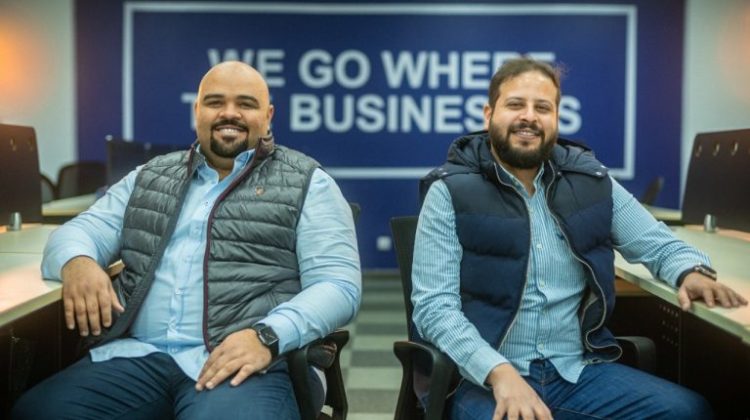App for Egyptian investment Tiger Global, Prosus Ventures, and others invest $20 million in Thndr.
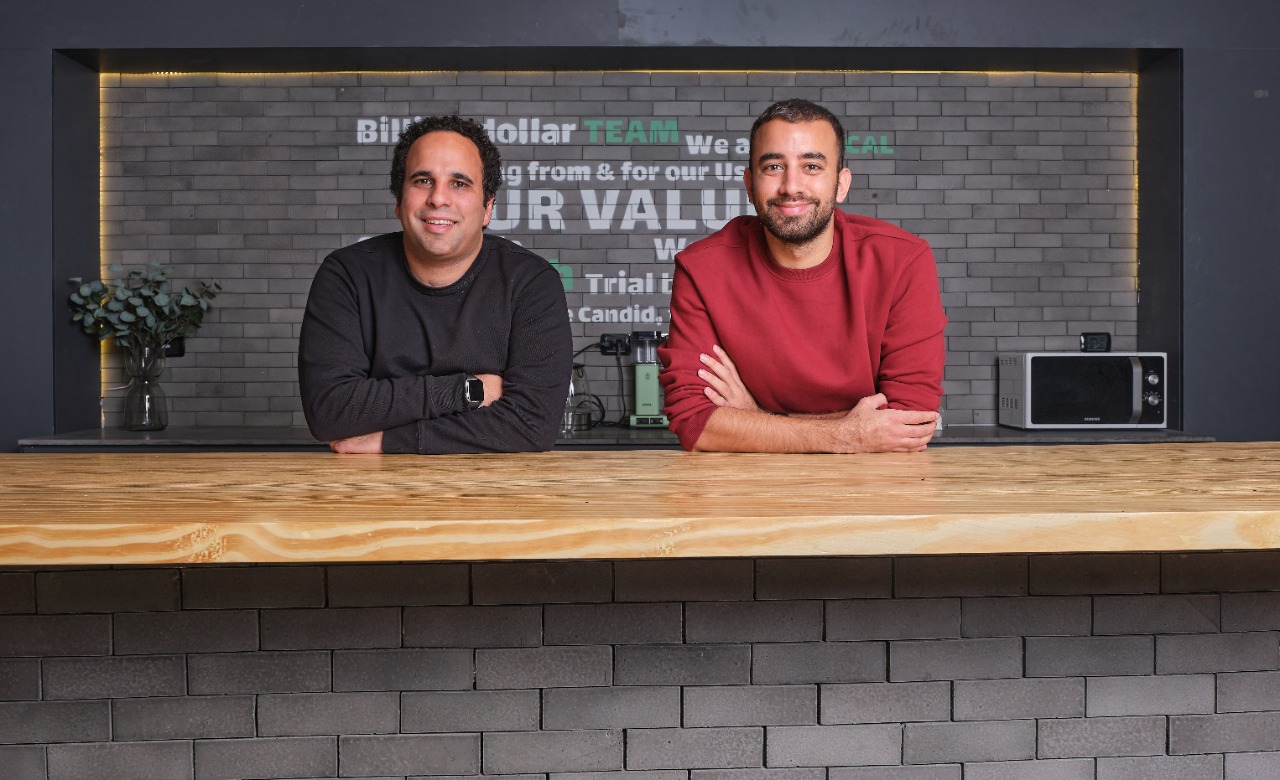
The MENA region has approximately 400 million people and a $500 billion annual savings. However, because they are a young population, the majority of them have little equity market and investment exposure.
Some platforms are attempting to replicate the success of Robinhood in the United States by attracting investors from the region. Thndr, based in Egypt, is one such example. To democratize investing in the Middle East and North Africa, the company has raised a $20 million Series A round.
Up to half of the population in developed markets such as the United States and Europe invests in financial instruments. People in developing markets such as North Africa and the Middle East, on the other hand, are underserved, with less than 3% actively investing in financial assets across the region.
The cost of opening a brokerage account is a common reason for low investment penetration in the Middle East and North Africa. Thndr, founded by Ahmad Hammouda and Seif Amr in late 2020, fills the void by making it easier to open and manage investment accounts, thereby replacing incumbents’ traditionally slow and outdated processes.
“The first investment made by 75% of our users was for less than $500.” “Without Thndr, these people would not be able to open a brokerage account elsewhere because this is much less than the minimum account balances required to open an account,” Amr, the company’s chief operating officer, told TechCrunch over the phone.
Despite the title “Robinhood for Egypt and the Middle East,” the founders say Thndr has had to be creative in its four-pillar strategy. The first is recognizing that its users are less financially literate than those in developed countries and educating them through simulators, articles, videos, webinars, podcasts, and daily newsletters. The second step is to create a relevant and user-friendly app; the third step is to make it simple to open an account online without visiting a branch. The final idea is to create an investment supermarket to meet the needs of various investors.
Users currently do not have access to US stocks. They can only invest in the Egyptian stock market and mutual funds through the platform. It’s a completely different use case for Bamboo and Chaka, two Nigerian platforms that see the provision of US and foreign stocks as the best incentive to acquire users, the majority of whom are concerned about hedging their money against inflation and currency depreciation.
So, how did Thndr manage to amass over 300,000 downloads despite only offering local stocks? Amr deduces that users value the accessibility and association with the brands in which they invest, as well as the ease with which they can make investments on Thndr.
“A critical pillar for us is the long-term viability of what people are investing in, and we see this in a lot of Egyptians,” he said.
“They see these brands on a daily basis; they use, love, and want to be a part of their growth.” “We see that Egyptians are inclined towards Egyptian products from an understanding and association standpoint,” he added.
But that doesn’t mean Thndr won’t offer stocks from the United States. It is, in fact, one of the many reasons the YC-backed investment firm raised this round.
Thndr plans to introduce other foreign assets from local exchanges in the MENA region, in addition to providing US stocks, and is seeking a license with one of the GCC’s regulatory bodies, following up on the brokerage license it received in Egypt in 2020 — the first issued in the country since 2008.
“We’re very interested in constructing an investment supermarket.” “At the end of the day, what we want to build is that everyone in the Middle East has access to different investment products, whether they are international investment products or locally relevant investment products, from their phone,” CEO Hammouda said.
“We will continue to add investment products; we already have a partnership with a partner broker and have been working with them for the last six months to launch US securities in the region.”
Thndr’s commission-free trading, no deposit or withdrawal fees, and no account minimums enable users to trade frequently while also holding their money for the long term. As a result, it has turned to subscriptions — a model introduced by Robinhood in 2016 to shift away from the commission fees it charged users — to generate revenue. Other revenue streams include revenue share agreements with asset managers who run mutual funds, as well as floats on idle cash in customers’ accounts.
Thndr’s assets under custody increased 29 times in 2021, according to Amr, who also shared a few impressive metrics from the company’s two-year run in Egypt.
According to him, approximately 87 percent of Thndr users invested for the first time on the platform; 40 percent of its users come from outside of Cairo and Alexandria — rural areas with no access to financial institutions; and Thndr accounts for 36 percent of all new registrations in local Egyptian exchanges in 2021.
To date, Thndr has raised a total of $22 million in funding. The Series A funding will be used for product development and expanding the company’s presence across MENA.
“From our perspective, the Middle East and North Africa are vast regions. “It’s around 400 million people linked by one language and a very similar culture,” said the CEO of expanding into neighboring countries rather than Sub-Saharan Africa, where there is some competition. “As a result, we believe there is a significant opportunity for us to localize our product and service for this region.” And that’s what we’re concentrating on right now.”
The Series A investment was co-led by Tiger Global, Dubai-based early-stage VC BECO Capital, and Prosus Ventures. “We’re excited to support Ahmad, Seif, and the Thndr team as they make investing more accessible in Egypt and the MENA region,” said Alex Cook, a partner at Tiger Global.
Surprisingly, this is Tiger Global’s second investment in an African digital brokerage app in a row. Last month, the American hedge fund co-led a round in Nigeria’s Bamboo.
Base Capital, firstminute, and existing investors Endure Capital, 4DX Ventures, Raba Partnerships, and JIMCO also participated in Thndr’s Series A round.
Away from the investors and toward the company’s future plans, Amr emphasizes the importance of local Egyptian regulators in providing the license that has allowed Thndr to scale.
Base Capital, firstminute, and existing investors Endure Capital, 4DX Ventures, Raba Partnerships, and JIMCO also participated in Thndr’s Series A round.
Away from the investors and toward the company’s future plans, Amr emphasizes the importance of local Egyptian regulators in providing the license that has allowed Thndr to scale.
“It says a lot about our local regulators that they are very progressive, open, and accommodating to change.” From one perspective, it is critical to catalyze growth. But, on the other hand, it enables us to attract investments that will spill over and be invested in the countries that we will serve.”
Both founders worked as investment bankers before founding Thndr, with Hammouda as a general manager at Uber Egypt and Amr as an operations manager in Uber’s Dubai office.


